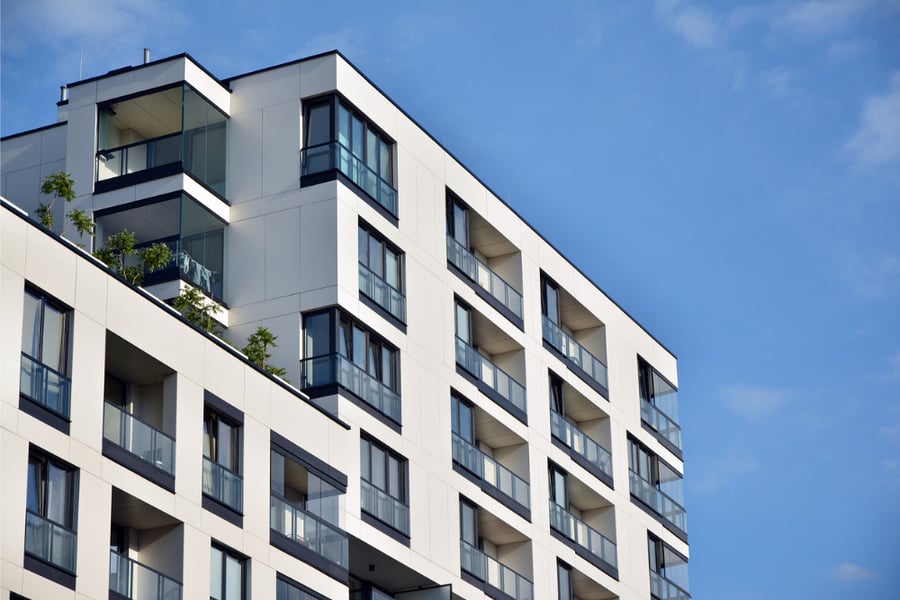They reached over 10,000 for the first time since the series began in the early 1990s

The number of residential building consents increased in August 2020, exceeding 10,000 for the first time since the Statistics New Zealand started its series in the early 1990s.
New data from Stats NZ revealed that a record 10,063 townhouses, flats, and units were consented in the August 2020 year. Meanwhile, the number of new dwelling consents in the year ended August 2020 reached 37,467 – up by 5.1% from the previous year.
“We have seen the number of new homes consented remain quite stable over the last three months, following some dramatic movements between March and May when the nationwide lockdown had the biggest impact,” said Dave Adair, the acting construction indicators manager at Stats NZ.
“The strong consent numbers for new homes in recent months means that there is a relatively large amount of residential building work planned for the future.”
Read more: Bayleys Taranaki acquires TSB Real Estate
Housing Minister Dr Megan Woods acknowledged the healthy growth in residential building consents in an environment of government support for the sector amid the COVID-19 crisis.
“Our focus on removing the barriers to New Zealanders getting into warm, dry homes is helping get more homes built. Supporting more supply is essential to address the housing crisis that was inherited from National who ignored this and left a massive shortfall in housing. This is a complex problem that will take a long time to fix. We are addressing it on all fronts,” Woods said.
“One of the first things we did in the government was to stop the wholesale sell off of public housing, and have already built and acquired over 4,000 more housing places and are on track to deliver 18,350 public housing places by 2024,” she continued.
“We have multiple initiatives to encourage people into homeownership, through KiwiBuild, First Home Loans, and Grants and the $400m Progressive Home Ownership programme, which is ramping up across the country.”
The government is also investing in skill development and apprenticeships, as well as reforming consenting to reduce barriers to new housing developments, says Woods.
“The housing crisis we inherited is a complex issue, but the considerable suite of measures Labour has introduced in the government is starting to make a difference, but it will take more time,” Woods concluded.



